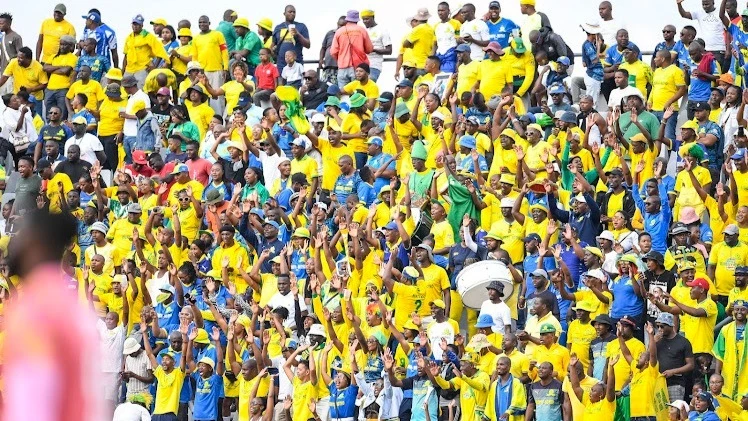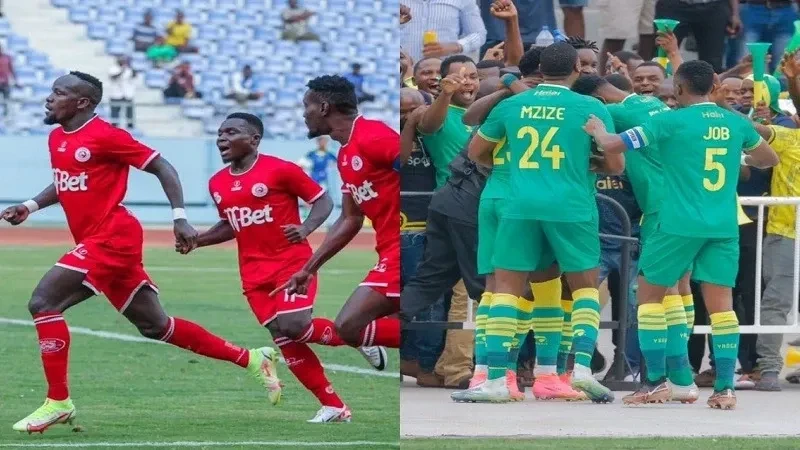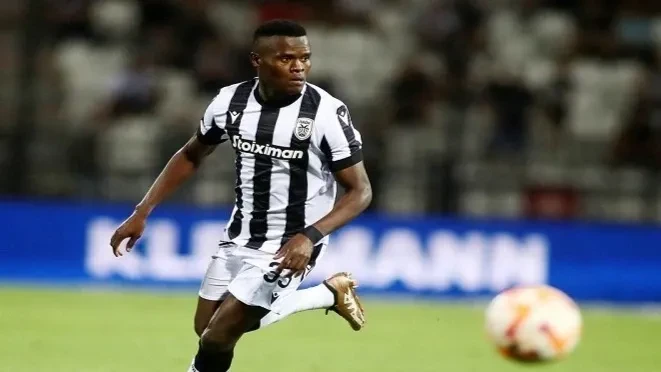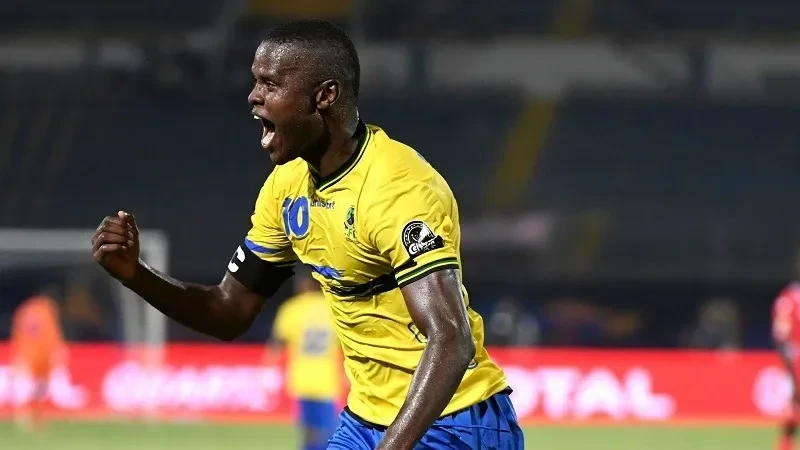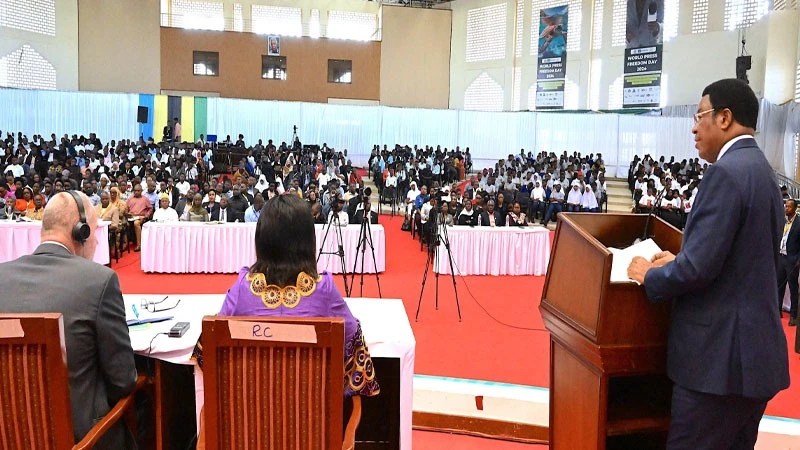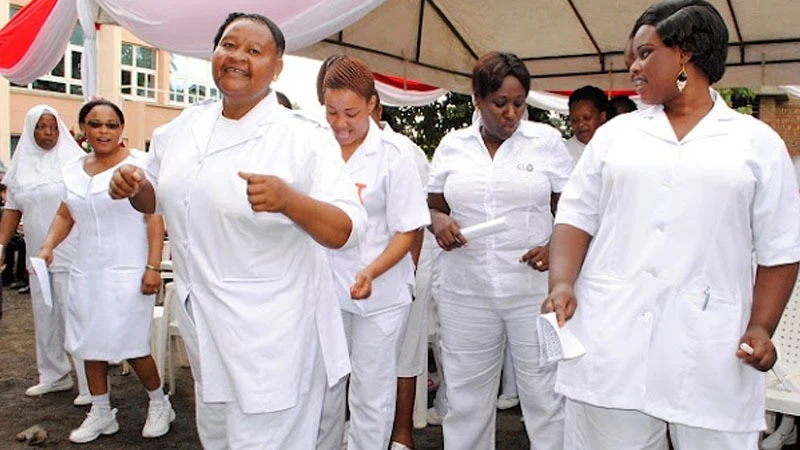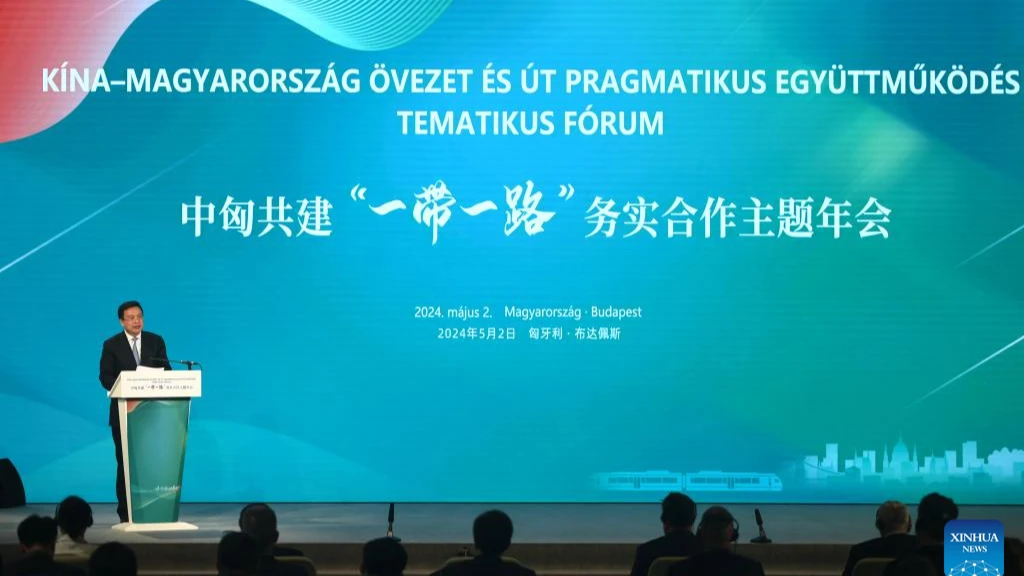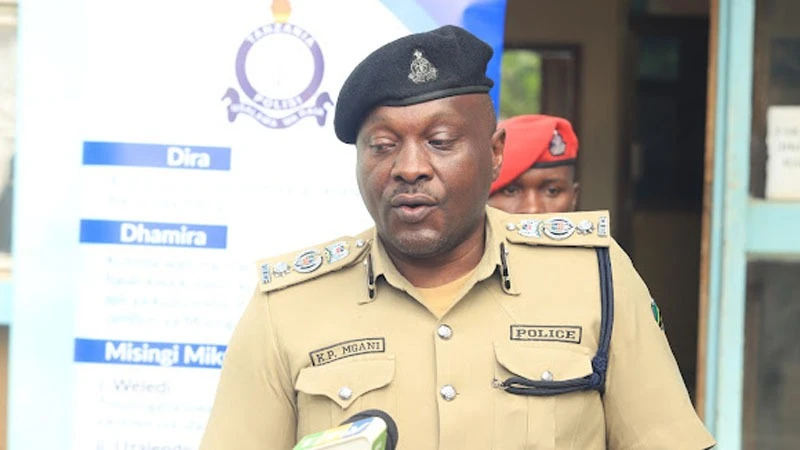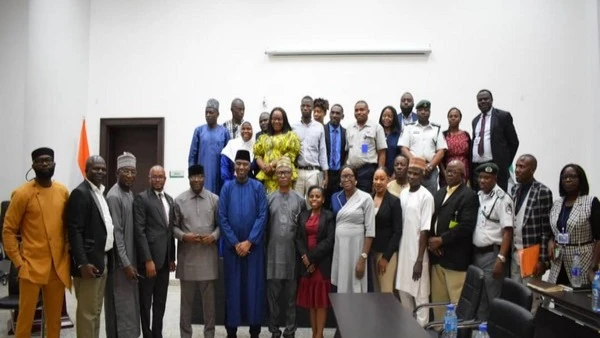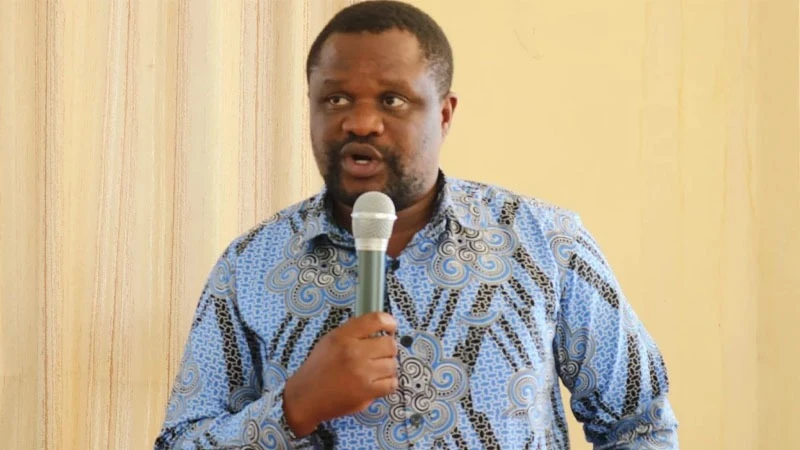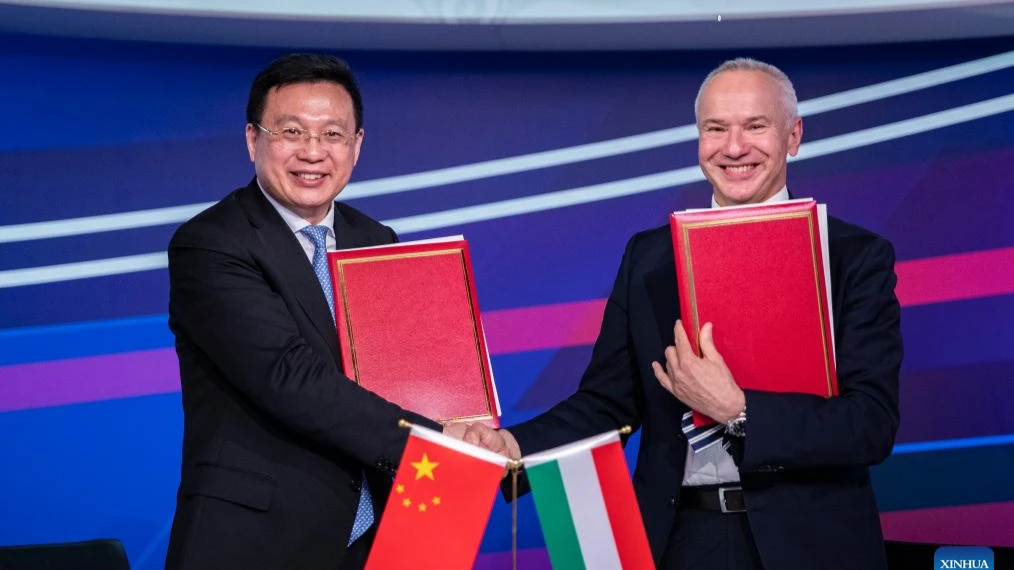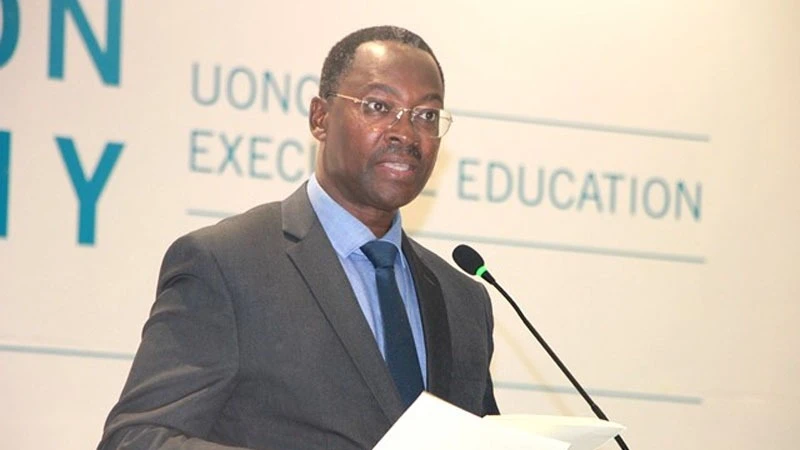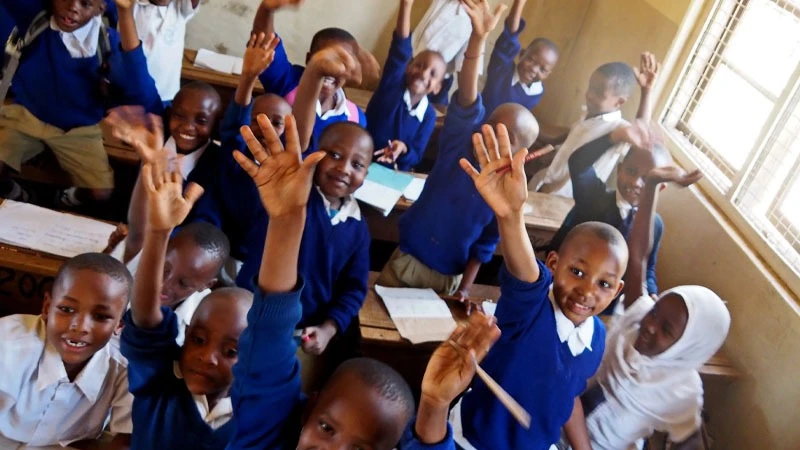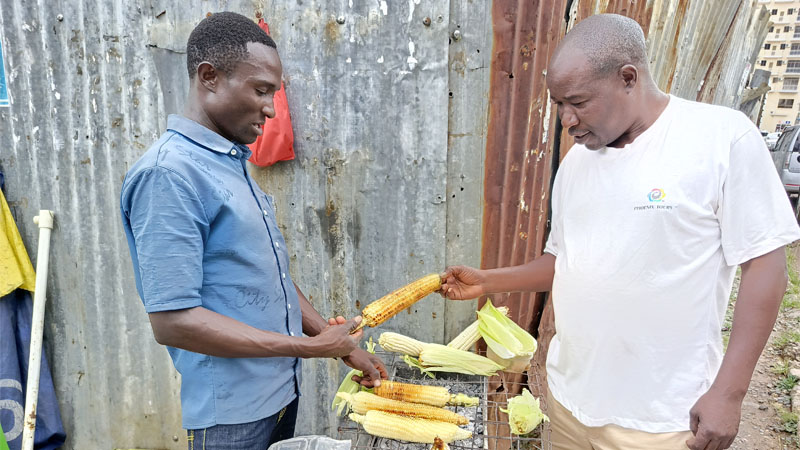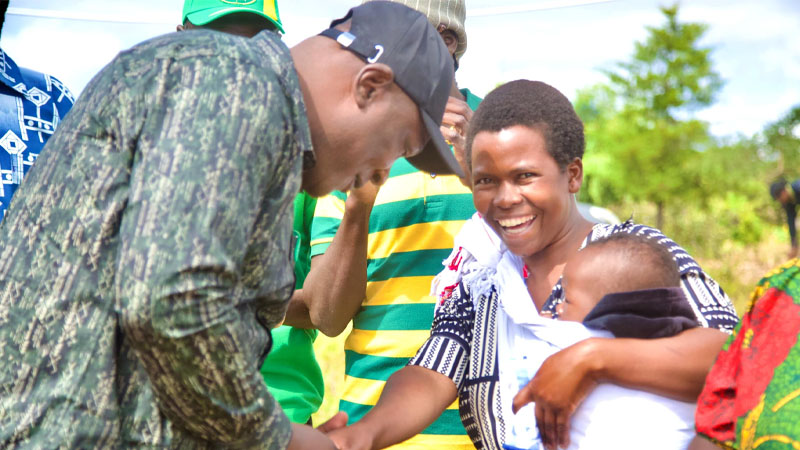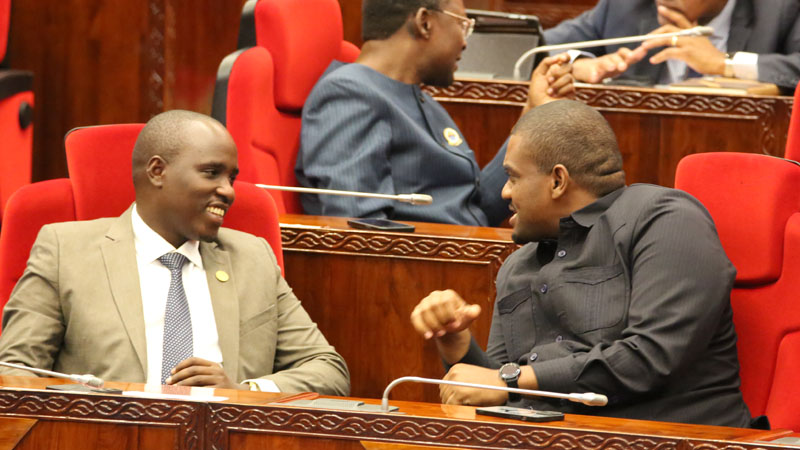Derby victory reaffirms Yanga’s hold, pushing Simba SC to self-interrogation
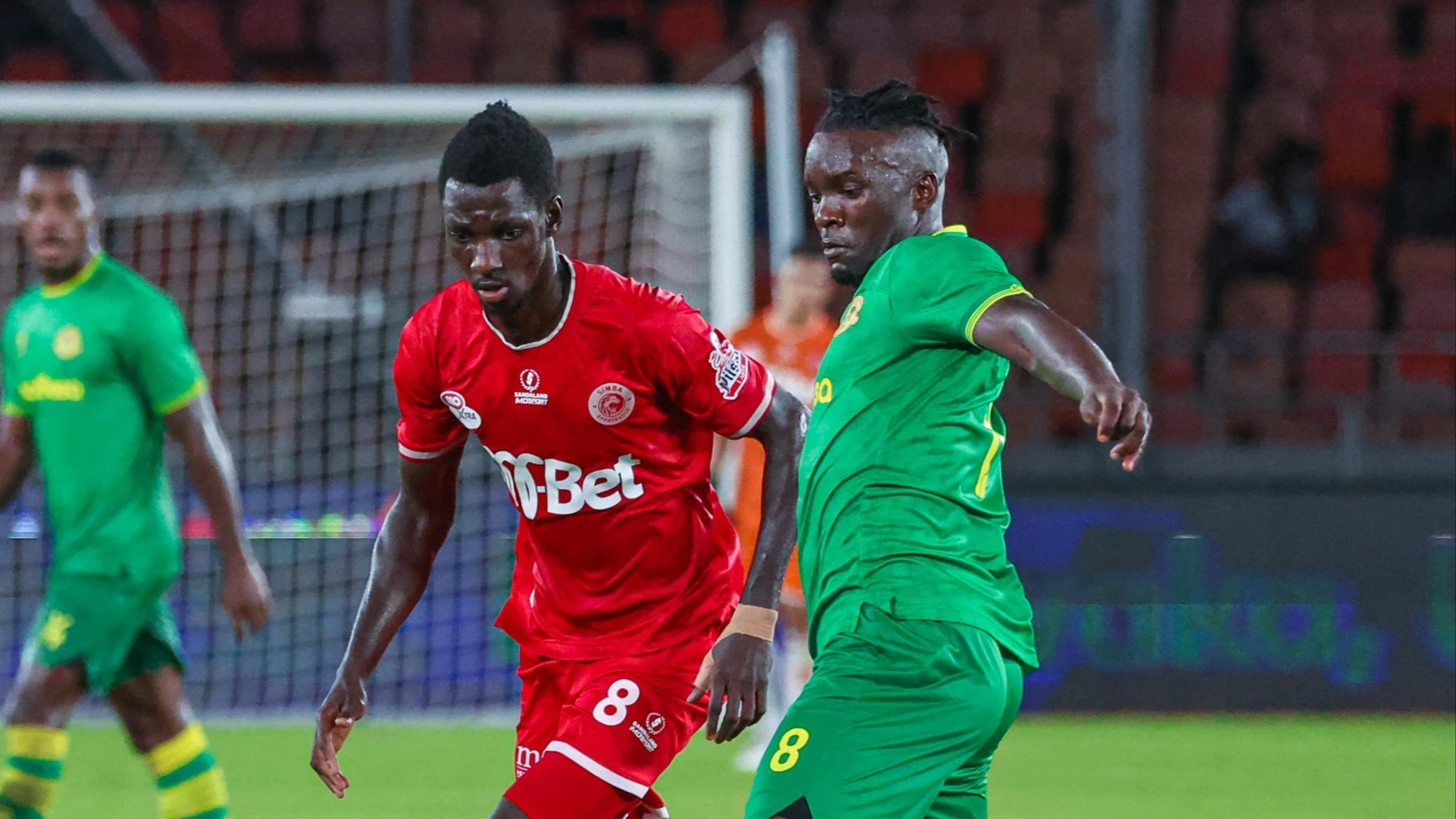
WHAT was largely unexpected became a truism late on Saturday as Young Africans SC obtained a second successive derby victory over arch-rivals Simba SC despite that the match was either a do or die for the Msimbazi Street side to win such that they save, if not the season, then the mood at the club.
What is, thus, becoming clear is that there is a structural difference between the two sides, in that it either more or less does not matter how determined the Msimbazi Street side might be, they are likely to lose to their next-street rivals. Successive defeats are not usual in city derbies.
That is why this defeat either seals the issue for the club, or it stands to have such implications, but it is unlikely to take the usual format, as successive derby defeats and failure to approach the premier league title would, in a different situation, cost the head coach his position.
That may not be off the cards entirely but such situations do not come unnoticed as, so far, no one has been heard to suggest that the head coach is the problem and, instead, it is the leadership – not the board- but the honorary club president.
Either the fans or members are sure of this but they have little choice, in which case it is an issue of them either changing or letting the rot just glide on.
What made the derby positive for the Msimbazi Street side, despite the loss, is that it was not humiliating, the way the derby made it appear, that they are fairly disorganized.
The problem is perhaps that this adds to the succession of matches that the side has lost, no matter what level or quality of matches each of them was, and, in a sense, this leads back to the situation in the club as one of name calling and confusion.
In that case, the loss to their next-street rivals is not in itself a major issue, but as it exacerbates the situation of persistent loss, it propels change.
Yet, it is unclear where the club is headed as there is no unflinching loyalty to the club sponsor, whom a government-invented leadership format says he is an investor, but this is simply designed to limit either his leadership or administrative authority.
The main part of the club expects the sponsor to pour cash into the club and the leadership to conduct the work, not his appointees, and they are without answers as to how business in the club should be conducted.
There is no workable formula as members insist on their ownership of the club, not obeying the sponsor, whereas Mo Dewji, like any decent investor, needs to trust those who use his cash, not being placed in a situation of releasing cash on demand and not supervising it.
There is, hence, the possibility that the club remains in the doldrums for a while if the club’s membership does not accept management conditions that are seemingly being prepared by the club sponsor.
This has been long coming, for instance, earlier grouping past club leaders into a board advisory council, which implies he has no confidence in elected leaders.
One reason is their pursuit of roles that are, at best, left to experts, for instance, the recruitment of players, a situation that in their long-time rivals’ camp was heard in a past general meeting.
A range of those present were complaining that club president, Hersi Said, was doing everything on his own, unaware that this is precisely the reason for runaway success at the club.
What was not said at the Jangwani Street outfit Annual General Meeting but it would grossly matter in their archrivals’ camp is that the club president is an appointee of the sponsor, which is unlikely at the Msimbazi Street side.
That is what is ailing Simba SC as it is split down the middle, meanwhile, as its local and continental ambitions require that it hire top-level coaches and players, but it has failed to radically improve the side over the past two years.
It has been losing players as it has been gaining, though at the coaching level, there was a clear uplift.
Chances are that the Simba SC leadership versus ownership dispute will not be resolved in one moment but in a staged manner, whereby the chairmanship of the board by the sponsor was the first stage, which failed as he could not be available on a day-to-day basis to take sides in interminable bickering.
Replacing his presence with either one of his more trusted business allies or club friends has not changed matters, as it implies that the fellow reaches compromises with an elected leadership, based on an overly fictitious 51 percent shareholding in the club.
Once a common view has been reached, which contains plenty of what Mo objects, he signs on it.
To be certain, the future of the Msimbazi Street outfit is a greater affinity between the club and the sponsor, which implies scrapping the shareholding format as its use by the state is unworkable at the club.
Here an investor has to lay the rule and, if there is another investor, they can share the burden– and the power - while at present non-investors wish to extort, or fleece, the proper investor by using elected positions to write anything on a piece of paper, and he signs.
The club may have to accept a unified board loyal to the sponsor and an advisory capacity for members, short of which there is the singular possibility of Mo pulling out like Azam FC's Said Salim Bakhresa earlier.
Top Headlines
© 2024 IPPMEDIA.COM. ALL RIGHTS RESERVED



